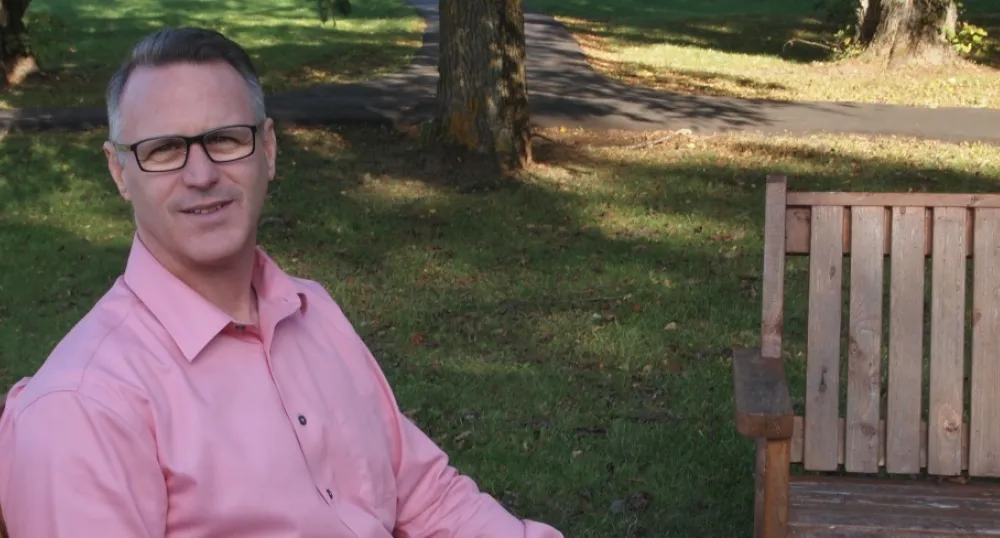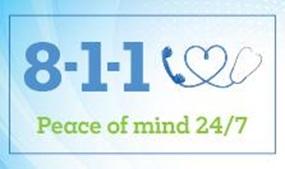Family centred approach offers help for addictions

Strengthening mental health services -
A family can feel trapped inside a cycle of anger and blame when one of their own suffers from addiction - but a new approach from Prince Edward Island's addiction services offers a way out.
Greg Purvis, addictions team lead at the Provincial Addiction Treatment Facility in Mount Herbert, is bringing in an approach known as CRAFT (Community Reinforcement and Family Training) as part of the province's ongoing work to strengthen mental health and addiction services. It teaches concerned significant others, including family, to help a potential addictions patient recognize their need and seek treatment.
Purvis said CRAFT enlists family members to change the addicted person's home environment so that not using is more rewarding than drinking or using drugs. It encourages those concerned to care for themselves as they help their addicted loved one.
“One of the things we want to do is get away from looking at blame or seeing things in terms of success and failure,” said Purvis, a clinical psychologist. “If someone is being treated for asthma and they suffer an asthma attack, do we just call them a failed asthma patient and stop? Or do we look at the current treatment, look at the conditions and events that surrounded the attack, and then try to assist patients in preventing further attacks from occurring? It’s helpful to look at addiction as a chronic disease that has acute episodes.”
He said the goal is to reduce addictive behavior and to encourage someone with addictions to seek out the treatment they need.
“One of the biggest challenges with addiction is that the reward of using a substance is immediate – you get that high right away – but the rewards of not using can seem far in the future. We try to put together a reward structure that gives a short-term attainable benefit for the person not to use."
As an example, he says a frequent source of conflict can be the addicted person missing family events such as dinner.
“A fight is likely to lead to stress and further substance use. So rather than arguing and saying how they’ve ruined this meal that you worked so hard on and how angry you are, you may have to shift the discussion," Purvis said. "You say something like ‘I had hoped to have a nice meal tonight but now we can’t, tomorrow if you’re sober maybe we can go out to dinner.’ It doesn’t excuse the person, but it gives them a possible reward for not using the next day."
Almost all of the addictions and many mental health workers in the province have received training in the CRAFT approach and are currently using it as they help the families of Islanders who have addictions.
Purvis said hundreds of people have been assisted through CRAFT to get help.
“PEI has the highest rate of use of this approach in Canada,” he said. “We’re helping move people with addictions toward getting treatment and we’re allowing the people around them to do what they need to do to take care of themselves.”
Addiction Services provide a range of programs designed to help you through the various stages of recovery. Addiction Services is closely aligned with Mental Health Services to ensure that individuals living with an addiction and a mental health disorder receive coordinated care. If you or someone you know has an addiction problem, PEI's trained health care professionals can help.


